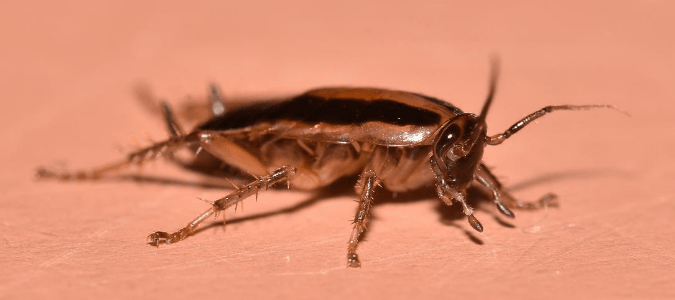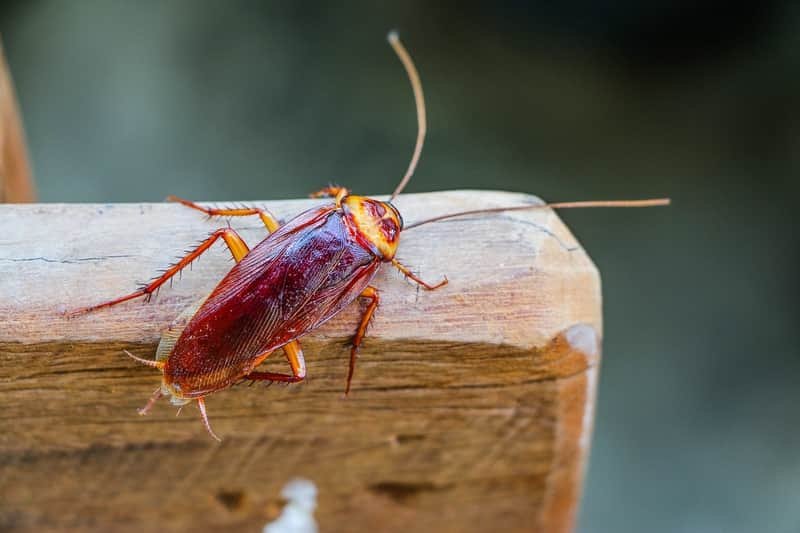Have you ever wondered how long roaches can survive in your house? In this article, we will explore the lifespan of these pesky insects and provide you with some insights into their longevity. Whether you are dealing with a roach infestation or simply curious about their endurance, we’ve got you covered. So, buckle up and let’s find out just how long these persistent critters can stick around in your home!
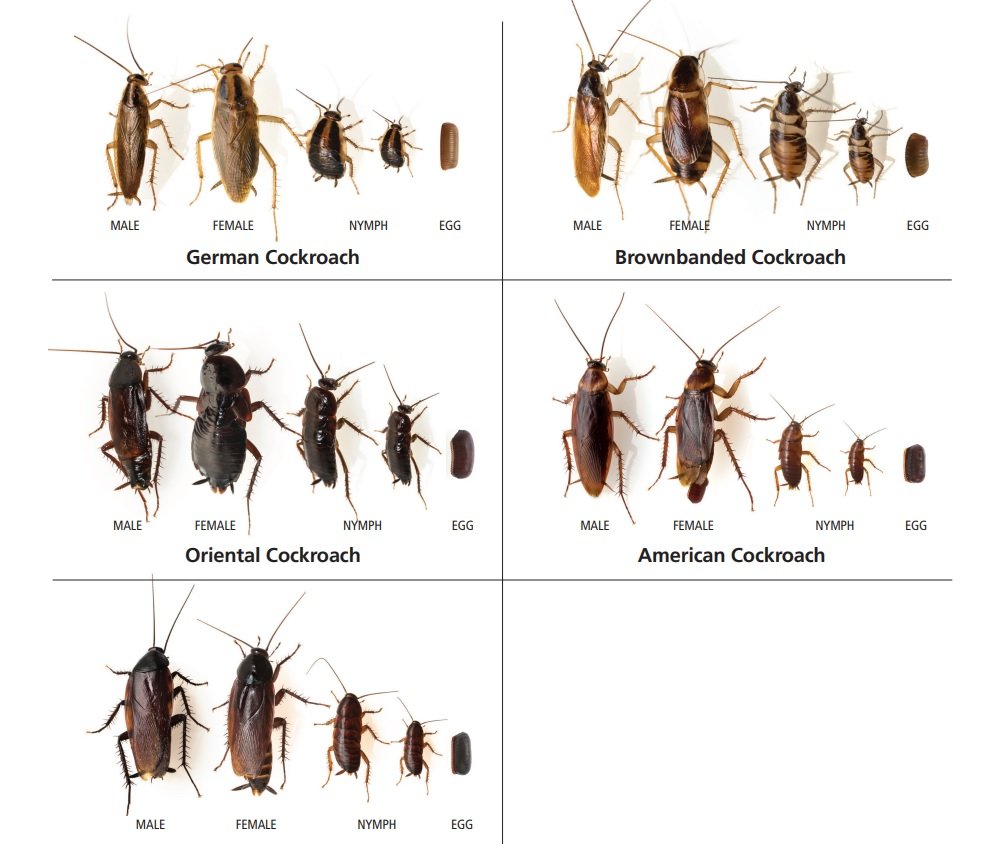

Factors That Affect Roach Lifespan
Environmental Conditions
The lifespan of roaches can be greatly influenced by the environmental conditions they are exposed to. Roaches thrive in warm and humid environments, so if your home has these conditions, it can contribute to their longevity. Additionally, roaches prefer dark and secluded areas, so if your home has plenty of hiding spots, it can provide them with a safe haven to live and breed.
Availability of Food and Water
One of the key factors that determine how long roaches can survive in a house is the availability of food and water. Roaches are scavengers and can feed on a wide variety of organic matter, including leftover food, crumbs, and even trash. If your home provides them with an ample food supply, it can sustain their lifespan. Similarly, if there is a readily available source of water, such as leaking pipes or standing water, roaches can survive for longer periods.
Ability to Reproduce
The ability of roaches to reproduce also plays a significant role in their lifespan. Roaches have a rapid reproductive cycle, with females being able to lay dozens of eggs at a time. If a roach infestation is left untreated, it can quickly escalate in numbers, as each generation produces more offspring. The more roaches there are, the more likely they will survive in your house for an extended period.
Lifespan of Different Roach Species
German Cockroaches
German cockroaches (Blattella germanica) are one of the most common species found in households. These roaches have a relatively short lifespan, typically ranging from 100 to 200 days. However, their ability to reproduce quickly can make it challenging to eliminate them entirely without intervention.
American Cockroaches
American cockroaches (Periplaneta americana) have a longer lifespan compared to German cockroaches. These roaches can live for an average of one to two years. Their larger size and resilience make them more resilient to eradication, and they can survive in both outdoor and indoor environments.
Oriental Cockroaches
Oriental cockroaches (Blatta orientalis) have the longest lifespan among the common household roaches. These roaches can live for up to six months to three years, depending on factors such as environmental conditions and availability of resources. They prefer cooler and damper areas, such as basements and crawl spaces.
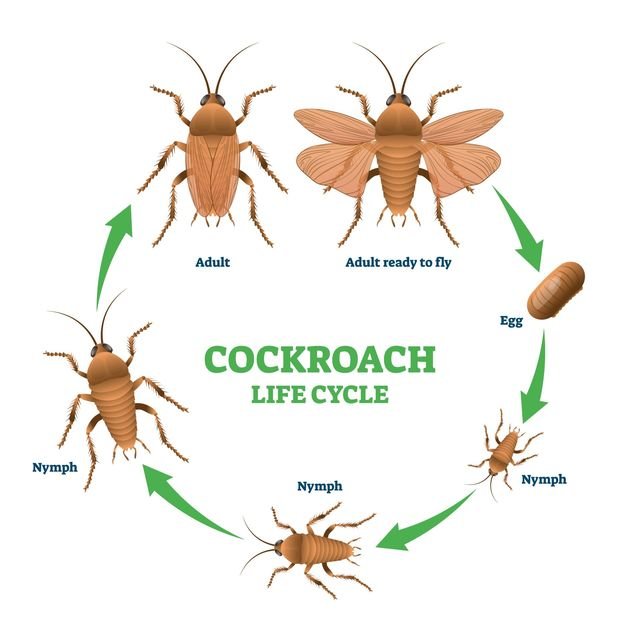

Roach Lifespan Without Intervention
Egg Stage
Roaches go through several stages of development, starting with the egg stage. The lifespan of roach eggs can vary depending on factors such as temperature and humidity. On average, it takes about 24 to 38 days for roach eggs to hatch. During this stage, roaches are particularly vulnerable to predators and environmental conditions.
Nymph Stage
After hatching, roaches enter the nymph stage, where they resemble miniature versions of adults. Nymph roaches undergo several molting stages, shedding their exoskeletons as they grow. The duration of the nymph stage varies between species but generally lasts for several weeks to months. Nymph roaches are capable of surviving without feeding, but they require regular access to water.
Adult Stage
Once roaches reach the adult stage, their lifespan becomes more defined. As mentioned earlier, the lifespan of different roach species can range from a few months to a few years. During the adult stage, the primary focus of roaches is reproduction, as they continue to seek out food, water, and suitable nesting sites to expand their population.
Signs of Roach Infestation
Visible Roaches
One of the most obvious signs of a roach infestation is the presence of visible roaches. If you spot live roaches scurrying across your floors or walls, it is a clear indication that there is an infestation. Roaches are nocturnal creatures, so they are more likely to be seen at night, especially in areas with low light.
Fecal Matter and Egg Casings
Another sign of a roach infestation is the presence of roach fecal matter and egg casings. Roach droppings are small, black, and resemble grains of pepper. You may find these droppings around areas where roaches are active, such as behind appliances, in cabinets, or along baseboards. Egg casings are brown, oval-shaped structures left behind by female roaches after laying eggs. Finding these casings is a clear indication that roaches are reproducing in your home.
Unpleasant Odor
A noticeable, musty odor can be an indicator of a roach infestation. Roaches emit strong-smelling pheromones, which can become more pronounced as the infestation grows. If you detect a foul and unpleasant odor, especially in areas where roaches are likely to congregate, such as under sinks or in bathrooms, it is a sign that there is a significant infestation.
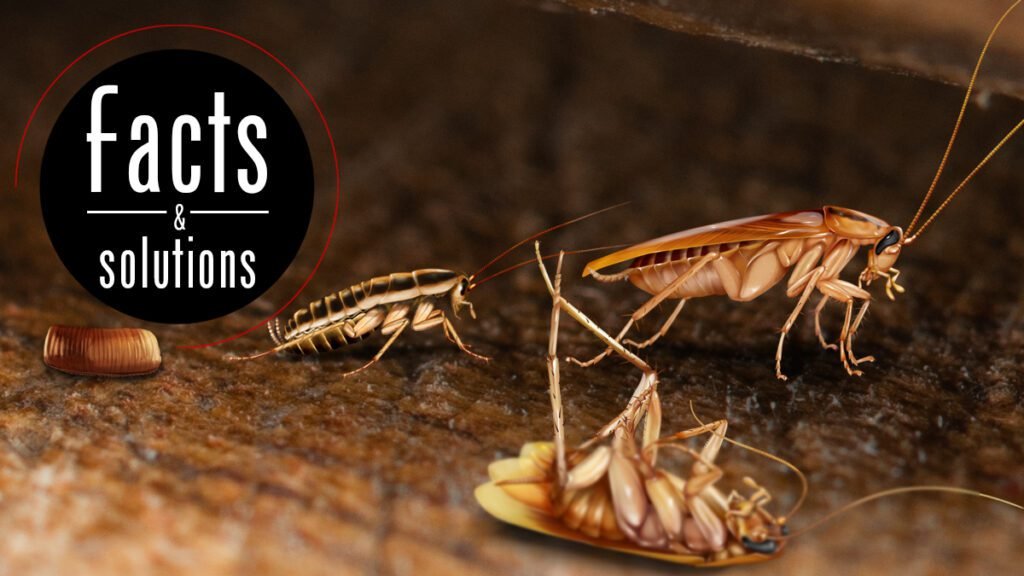

Dangers of Roach Infestation
Health Risks
Roach infestations pose various health risks to occupants of a house. Roaches are known carriers of bacteria, viruses, and parasites, which can contaminate surfaces and food. They can spread diseases such as salmonella, E. coli, and dysentery. Exposure to roach droppings and body parts can trigger allergies and respiratory issues, especially in individuals with asthma or sensitivity to allergens.
Allergies and Asthma
Roach allergens can trigger allergic reactions in susceptible individuals. These allergens are found in roach saliva, droppings, and shed exoskeletons. Common symptoms of roach allergies include sneezing, itchy and watery eyes, congestion, and skin rashes. For people with asthma, exposure to roach allergens can worsen their respiratory symptoms and lead to asthma attacks.
Contamination of Food and Surfaces
Roaches can contaminate food and surfaces with their saliva, feces, and urine. This contamination can lead to the spread of bacteria and pathogens, which can cause food poisoning and other illnesses if ingested. It is essential to store food properly and regularly clean and disinfect surfaces to prevent roach-related contamination.
Preventing Roach Infestation
Maintain Cleanliness
Keeping your home clean and tidy is crucial in preventing roach infestations. Regularly clean floors, countertops, and any areas where food is prepared or consumed. Eliminate clutter that provides roaches with hiding spots. Take out the trash regularly and ensure that garbage cans are tightly sealed. By maintaining cleanliness, you remove potential food sources and make your home less attractive to roaches.
Seal Cracks and Crevices
Roaches can enter your home through small cracks and crevices. Seal any gaps in walls, floors, and windows to prevent their entry. Pay particular attention to areas near plumbing fixtures, as roaches can use pipes as pathways. By sealing these entry points, you can significantly reduce the chances of roaches finding their way into your house.
Proper Food Storage
Roaches are excellent scavengers and can exploit even the tiniest food sources. Store food in airtight containers or in the refrigerator to prevent roaches from accessing it. Avoid leaving food and dirty dishes out overnight. Wipe down counters and surfaces regularly to remove food residue. By depriving roaches of easy access to food, you can discourage their presence in your home.
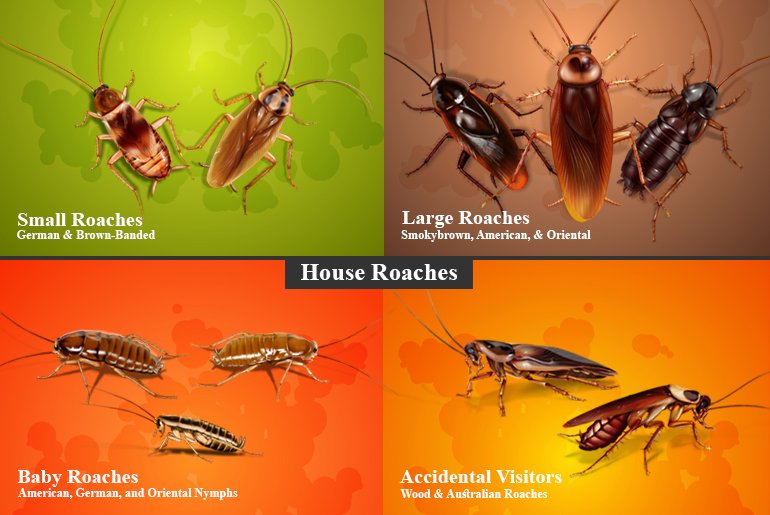

Getting Rid of Roaches
Home Remedies
There are several DIY methods you can try to eliminate roaches from your home. Some popular home remedies include using boric acid, diatomaceous earth, or a mixture of baking soda and sugar as bait. These substances can be placed in areas where roaches are active, such as under sinks or along baseboards. However, while home remedies can be effective to some extent, they may not completely eradicate a severe infestation.
Professional Pest Control
For more severe or persistent roach infestations, it may be necessary to seek professional pest control services. Pest control professionals have the expertise and access to stronger insecticides and treatments that can effectively eliminate roaches. They can assess the extent of the infestation, identify entry points, and develop a tailored treatment plan to eradicate the roaches from your home.
Using Baits and Traps
Roach baits and traps can be used as a proactive approach to control roach populations. These products contain attractants that lure roaches, which then come into contact with insecticides. Baits and traps can be strategically placed in areas where roaches are likely to be active, such as behind appliances or in dark corners. Regular monitoring and replacement of baits and traps may be necessary to achieve maximum effectiveness.
Common Myths about Roach Lifespan
Roaches Can Live Without Their Heads
One common myth about roaches is that they can live without their heads. While it is true that roaches have a distributed nervous system and can survive for a short period after decapitation, they cannot survive for an extended period without a head. Roaches need their heads to eat, drink, and detect danger. Without a head, they would eventually die due to starvation, dehydration, or inability to protect themselves.
Roaches Can Survive a Nuclear Explosion
Another popular myth is that roaches can survive a nuclear explosion. This myth likely originated due to the roach’s reputation for resilience and ability to survive in harsh conditions. However, the reality is that roaches are not immune to the effects of radiation. While they may be more resistant to radiation compared to humans, they would still suffer significant damage and ultimately perish in the aftermath of a nuclear explosion.
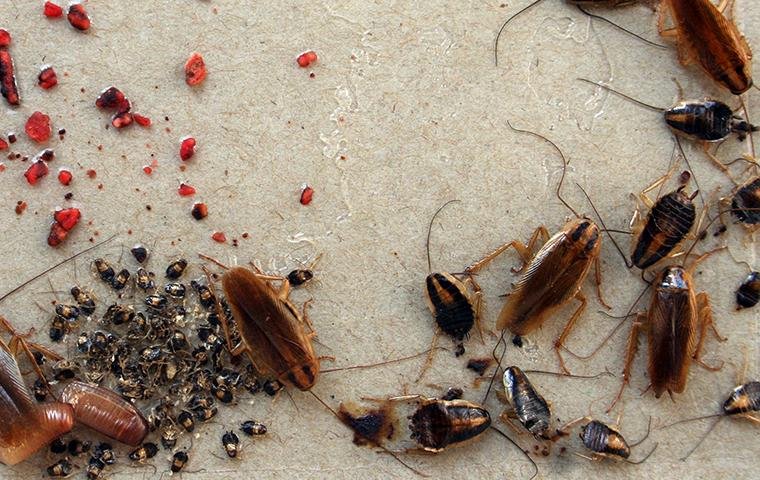

Conclusion
Understanding the factors that influence roach lifespan is important for dealing with infestations effectively. Environmental conditions, availability of food and water, and reproductive capabilities all play a role in determining how long roaches can survive in a house. Recognizing the signs of a roach infestation, such as visible roaches, fecal matter, and unpleasant odors, is crucial for prompt intervention. Roach infestations pose health risks and can lead to allergies, asthma, and contamination of food and surfaces. Taking preventive measures, such as maintaining cleanliness, sealing cracks, and proper food storage, can minimize the chances of a roach infestation. In cases of severe infestations, it may be necessary to seek professional pest control services. By dispelling common myths about roach lifespan, we gain a better understanding of their capabilities and vulnerabilities.
Your Expert in Animal Control and Extermination. Trust our experience for humane, effective pest management, protecting your property and ensuring peace of mind with Michael S.




